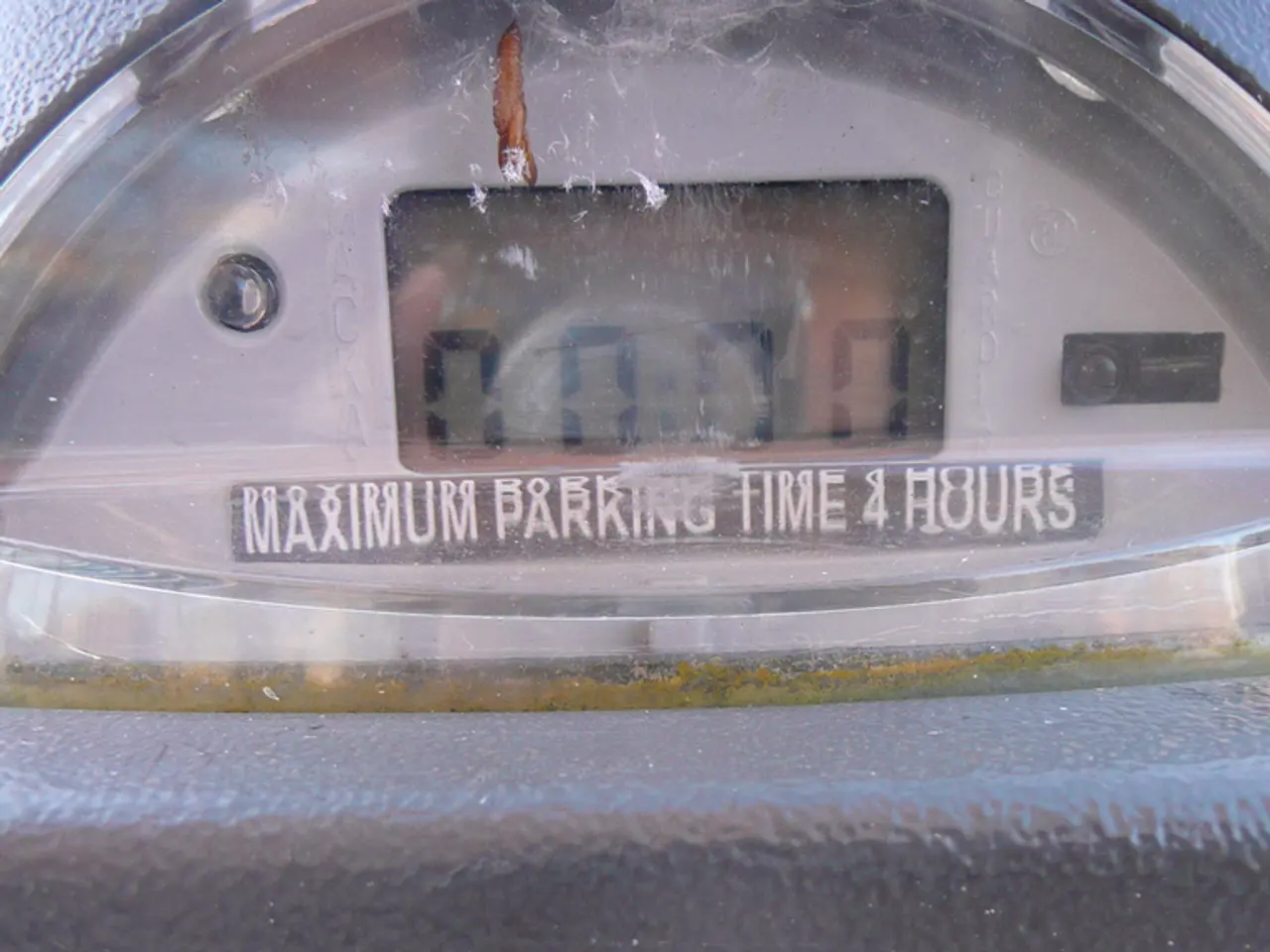Tesla Closes the Distance Between Nickel and LFP Batteries Through Innovative Cell Technology
Tesla Introduces Updated Nickel-Based Battery Cell
In a recent interview, Tesla's Vice President of Vehicle Engineering, Lars Moravy, revealed the automaker's latest innovation - an updated nickel-based battery cell. This change, Moravy stated, "closes the gap to lithium iron phosphate (LFP) by half."
The new cells, likely the "4680" battery cell, are expected to exceed the capacity of LFP cells by about half and increase the maximum daily charge limit of nickel-based batteries without reducing their lifespan. This cell features structural integration (cell-to-pack) and improved energy density, enhancing charge rates and durability compared to previous technologies.
Nickel-based cells, such as nickel-cobalt-aluminum (NCA) and nickel-manganese-cobalt (NMC), are prized for their higher energy density. The new cells may allow vehicles to retain long-distance performance while expanding their usable daily range.
Currently, Tesla's LFP-equipped vehicles, such as the base Model 3 and Model Y in many markets, can be charged to 100% daily without worry. However, to avoid premature capacity loss, most nickel-based battery owners are advised to charge only up to 80% on a daily basis. The updated battery cell allows owners to raise their daily charging limit to 90%.
The new cells do not require stricter charging practices to preserve long-term performance, unlike nickel-based cells. This change could make the charging habits required for nickel-based long-range versions feel less restrictive for prospective customers.
The announcement reflects Tesla's ongoing effort to improve the balance between range, performance, and durability. Lithium iron phosphate batteries, increasingly popular in the industry, offer a more durable chemistry that is less prone to degradation from high states of charge. However, the trade-off for LFP batteries is lower energy density, meaning slightly less range for a pack of comparable size.
Tesla has not specified when the new cells will begin appearing in vehicles. The change may have far-reaching effects across Tesla's product range, potentially expanding the usable daily range of vehicles that rely on nickel-based packs by tens of kilometers.
Moravy made these statements in a new episode of Jay Leno's Garage released on Monday. The change is a significant step forward for Tesla's battery technology and is expected to further enhance the company's electric vehicles' performance and range.
Read also:
- Upcoming iPhone Model: What We Understand Thus Far
- Guide to Natural Protection in Permaculture Gardens: Implementing Mulching Techniques Organically
- City Population Decline Correlated with COVID-19 Higher Death Rates
- Celebrating Unfamiliar Threatened Species: Rare Creatures That Escape Common Knowledge on Endangered Species Day








